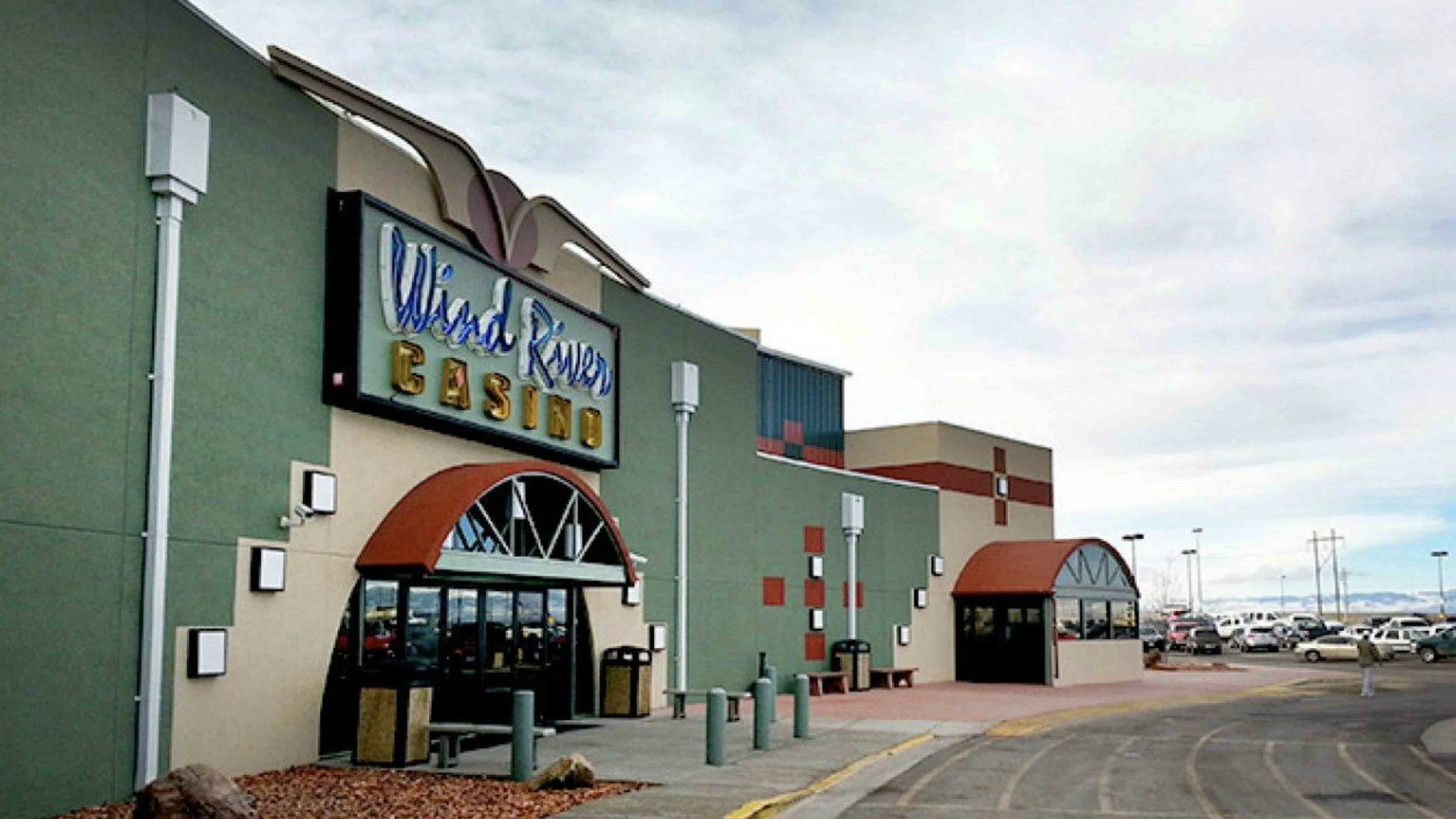By Clair McFarland, Cowboy State Daily
The sale of alcohol is prohibited on the Wind River Indian Reservation, but the Northern Arapaho tribe is considering a bid to make an exception for drinking in the reservation’s largest casino.
The entire voting-age population of the Arapaho tribe is slated to convene Saturday in a General Council, or legislative meeting, to vote on a proposal to legalize alcohol sale within the reservation’s largest business, the Wind River Hotel and Casino.
If tribal members vote to legalize liquor sales in the casino, which sits on the reservation’s border near Riverton, 15% of alcohol revenues would be earmarked for addiction recovery services; and another 2% tax would go the tribal government, according to the council’s agenda.
But there are more hoops to jump through.
The Northern Arapahos share a law and order code with their reservation cohabitants, the Eastern Shoshone Tribe. To amend the shared law, the Shoshones may have to sign off on the change as well – but that point is disputed.
“In (Northern Arapaho) legal counsel’s opinion, the General Council is the final word” on Arapaho legislation, Matthew Benson, Northern Arapaho Tribe spokesman, said in a Friday interview with Cowboy State Daily.
Benson noted further that the liquor sale exemption, if it passed, would only would apply to the area of the restaurant where bets are placed on live events and in its restaurants.
Liquor License
Shoshone leadership did not comment Friday morning on the proposal. The Shoshones also operate a currently-dry casino, the Shoshone Rose.
Even with Shoshone approval, the Arapaho tribe then would have to obtain a liquor license for the casino from the Fremont County Commission, according to federal laws which say state licensing requirements apply to tribes that choose to legalize alcohol sales.
Commissioners were divided over whether the license should be granted.
“If that’s what they want, yeah, let them go,” said Mike Jones, Fremont County commissioner, adding that the idea has surfaced several times in the past but has never been approved by the tribes.
“I’m curious if they’ll do it. They haven’t done it in the past,” he said. “But if they vote on it out there and that’s the thing they want to do, I wouldn’t have any reason to deny that.” Jones clarified that he could only speak as one commissioner.
Jones’ fellow Commissioner Jennifer McCarty also expressed doubt that the resolution would reach her desk, but said she’d likely deny it if it did.
“They won’t get it past (both) tribes, first of all,” said McCarty. “They’ve turned it down every time because they don’t want liquor out there.”
McCarty said she wasn’t sure about the rest of the board, but “I would veto that.”
A high occurrence of alcohol and substance abuse is “well documented” in American Indian communities, according to Indian Health Services. McCarty referenced those statistics.
Travis Becker, Chair of the commission, said he would not speculate on how the vote would go.
“I’m not going to touch that one,” he said.
Commissioner Larry Allen could not be reached amid phone service challenges, but left a voicemail saying he had been unaware of the effort.
Commissioner Clarence Thomas did not respond to voicemails requesting comment.
Military Quirk
In the federal statute banning liquor sales in “Indian Country,” Congress made an exception for U.S. Army soldiers.
Anyone acting on behalf of the Army, according to federal law, can “introduce ardent spirits” and other liquors into Indian country without penalty. Also, any employee of the Army who “barters, donates, or furnishes (liquor) in any manner… to any Indian,” may not be penalized under the federal liquor ban.





